Student Perspectives: Identities Shaped by Military Service
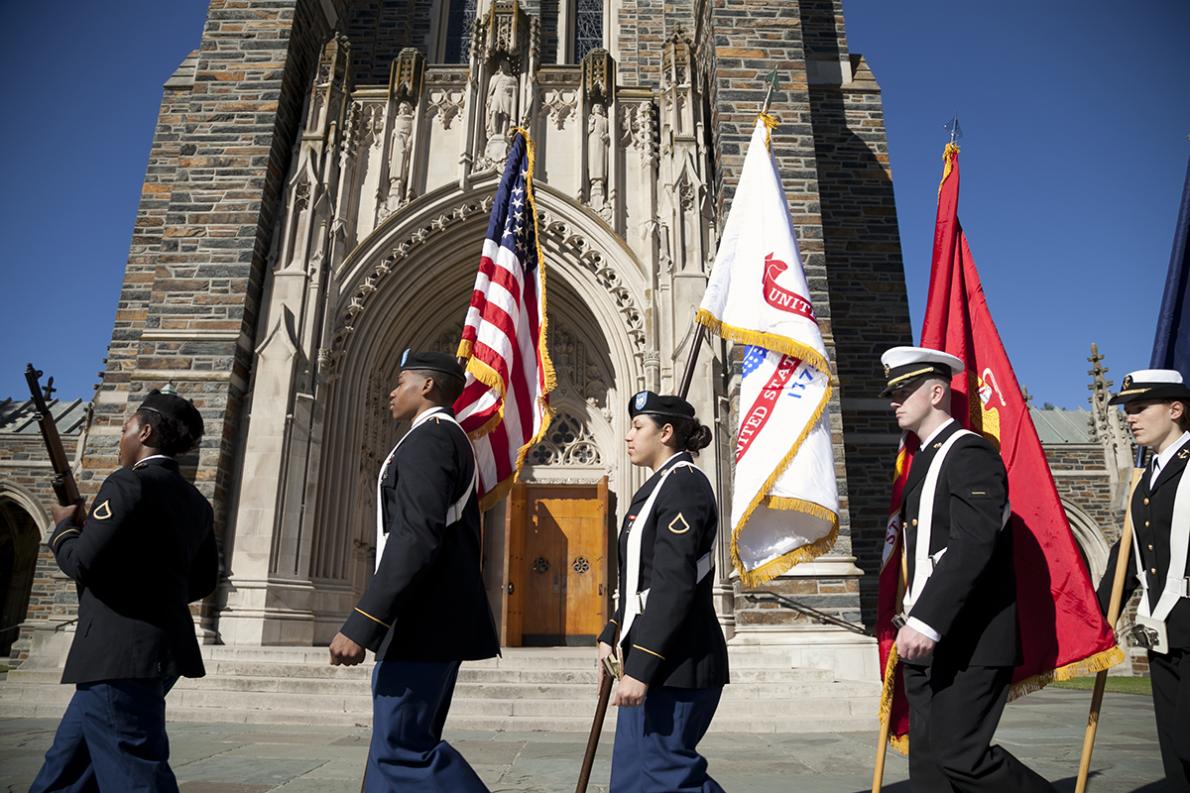
In recognition of Veterans Day, we reached out to Duke Occupational Therapy Doctorate (OTD) students who have served in the military or have a military affiliation through a family member or partner. Their stories reveal how these experiences have influenced their lives and shaped their identities.
From the resilience built during frequent relocations as a military spouse to the skills honed as an Apache helicopter pilot, these narratives highlight the diverse ways military service impacts individuals and their families. Their reflections can help us better appreciate the values of dedication, sacrifice, and perseverance that our veterans and their loved ones embody.
Joshua Lucas, OTD '26
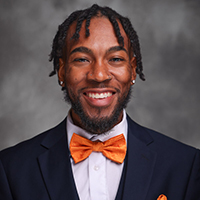
My grandfather was a member of the 82nd Airborne Division and served in Vietnam. I heard many stories about his commitment and experiences from him and the soldiers he served with. Their tales of dedication and sacrifice have profoundly shaped my life. He instilled in me the belief that anything is possible through hard work and perseverance, which fostered a deep pride in me for our country.
His legacy inspired me to pursue a career with the VA, where I hope to honor and support our veterans. I want to contribute to their well-being and ensure they receive the care and respect they deserve after their sacrifices for our nation.
Sheila Tomlin, OTD '26
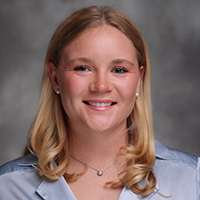
My dad was in the Navy for 34 years, my brother serves currently, and I have several friends who also serve. I grew up in a very saturated military community, which has shaped my upbringing and the things that I value, such as courage, service, honor, and respect for others.
My dad's service greatly impacted my life, as we had to move frequently and learn to adjust as a family during his deployments. Very early on, we had to learn to cherish the moments and make the most of the time we had together, which is something that I continue to practice. I greatly appreciate and respect those in the military and their spouses and families who also experience what it means to serve.
Emy Kenser, OTD '27
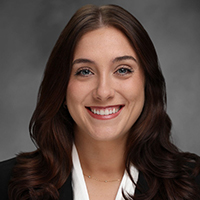
I served as an active-duty Apache helicopter pilot in the U.S. Army for eight years and had the opportunity to travel the world, including deployments to Iraq and Kuwait. For many years, I found my purpose and passion through the engagement of this occupation.
A year ago, I received a permanent medical disqualification from flying. Losing access to this occupation also meant I needed to start looking for another job. As a gun pilot, I valued problem-solving in complex situations, leadership, working collaboratively with others, and resilience. Focusing my hunt on these qualities, I discovered an unlikely alternative: occupational therapy. So, I transitioned from active duty in August to start the Duke OTD program.
I believe the same qualities that made me a competent attack pilot will make me a creative and compassionate occupational therapist. I chose to look at the loss of one of my meaningful occupations as a way to understand the importance of enabling my future clients' engagement in their meaningful occupations.
Suet Lee-Growney, OTD '27
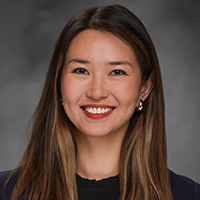
As a military spouse to a U.S. Army field artillery officer who served for 10 years, my identity has been profoundly shaped by the skills I've honed through this journey. I've learned resilience and the ability to "bloom where I'm planted"—an essential skill as we relocated frequently for his duty. Each move has allowed me to develop profound adaptability and cultural competence, learning to be resourceful and fostering quick, meaningful connections wherever we go.
These experiences have instilled in me skills like advocating, adapting, and engaging with the community around me. Times of separation, such as giving birth to one of our children while my husband was away for training, have required me to maintain emotional strength and the capacity to manage transitions independently. I've become empowered with collaboration skills, creativity in problem-solving, and an ability to support those around me. I'm skilled in managing change, adapting environments to fit the needs of each situation, and embracing every opportunity for growth in ways that foster both my well-being and the well-being of those around me.